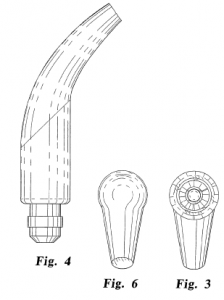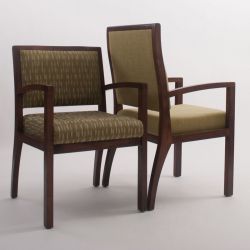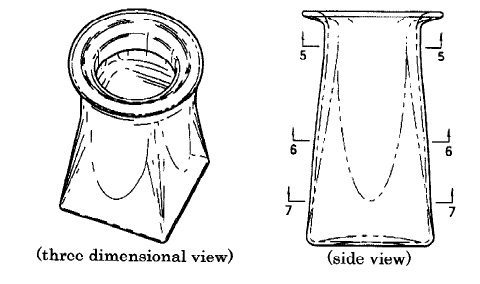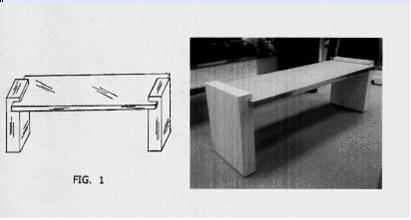South Bend, Indiana – NIBCO, Inc. of Elkhart, Indiana has sued Valvulas Arco, S.A. (“Arco”) of Valencia, Spain in the Northern District of Indiana asking for a declaratory judgment that it has not violated Arco’s patents, U.S. Design Patent Nos. 429,518; 429,519; 429,520; 438,595; and 479,307.
 Arco and NIBCO both manufacture shut-off valves. From about 2002 to 2008, Arco manufactured and sold to NIBCO shut-off valves of the type involved in this dispute. Around 2008, NIBCO discontinued purchasing valves from Arco. Currently, NIBCO manufactures shut-off valves for its own use and for sale.
Arco and NIBCO both manufacture shut-off valves. From about 2002 to 2008, Arco manufactured and sold to NIBCO shut-off valves of the type involved in this dispute. Around 2008, NIBCO discontinued purchasing valves from Arco. Currently, NIBCO manufactures shut-off valves for its own use and for sale.
In letters dated April 22, 2013 and August 16, 2013, Arco purportedly asserted that NIBCO infringes the Arco valves (the “patents-in-suit”). As a result of Arco’s claims of infringement in those letters, NIBCO asserts that there is now an actual controversy between it and Arco regarding the alleged infringement and validity of the patents-in-suit; NIBCO seeks a resolution under the Declaratory Judgment Act.
NIBCO states that Arco has never fixed upon its shut-off valves notice of, nor was there ever any mention of any of, any of the patents-in-suit. It further claims that most, if not all, of the features shown in the claims are functional. To the extent that any purely ornamental features do exist, it contends that those ornamental features of NIBCO’s products would not appear substantially similar to an ordinary observer. Consequently, NIBCO asserts that its products do not infringe, either literally or under the doctrine of equivalents. Finally, NIBCO denies inducing others to infringe any of the patents-in-suit.
NIBCO asks that this be found to be an exceptional case and asks that attorney’s fees be awarded pursuant to such a finding. In its complaint, patent attorneys for NIBCO ask the court for:
Practice Tip: In MedImmune v. Genentech, 549 U.S. 118 (2007), the U.S. Supreme Court revised the Federal Circuit’s test for ripeness under the Declaratory Judgment Act, which had required a reasonable apprehension of suit in order to establish jurisdiction. The Court broadened the scope of declaratory judgment jurisdiction, holding that the totality of the circumstances should be evaluated in determining the existence of “a substantial controversy, between parties having adverse legal interests, of sufficient immediacy and reality to warrant relief.”
In this case, it is unclear whether the complaint adequately alleges, under the totality of the circumstances, a controversy of sufficient immediacy to warrant jurisdiction under the Declaratory Judgment Act.
Continue reading
 China infringed on the U.S. Patent No. D603,844 (the ‘844 patent), titled “Headphone,” and violated Klipsch headphones’ trade dress. Plaintiff is seeking judgment, a permanent injunction, lost profits, damages, pre-judgement and post-judgment interest, attorneys’ fees, and all relief just and proper.
China infringed on the U.S. Patent No. D603,844 (the ‘844 patent), titled “Headphone,” and violated Klipsch headphones’ trade dress. Plaintiff is seeking judgment, a permanent injunction, lost profits, damages, pre-judgement and post-judgment interest, attorneys’ fees, and all relief just and proper. Indiana Intellectual Property Law News
Indiana Intellectual Property Law News






